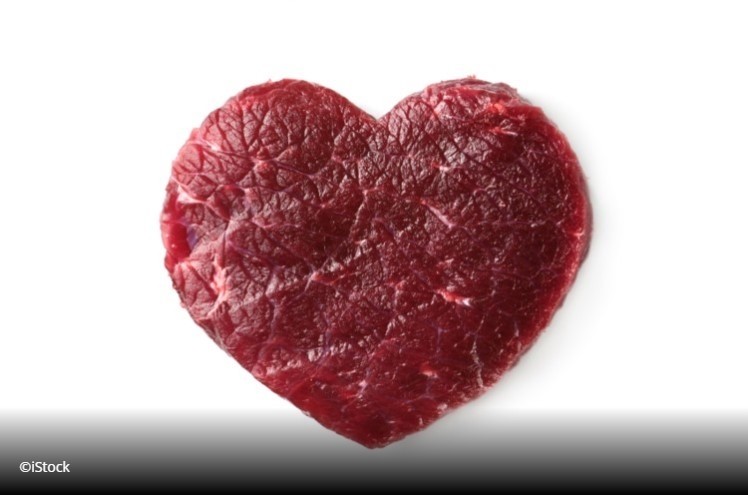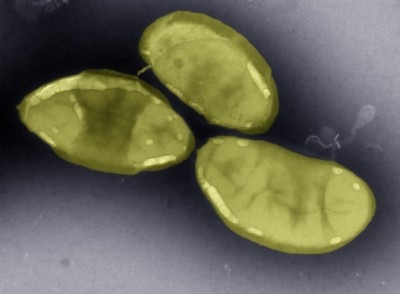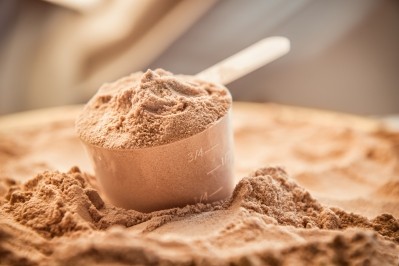Sports nutrition position paper backs dietary protein over supplements

In the last of seven position papers by the society, the paper recommends that protein intake depending on training conditions and goals should be at approx. 1.2–2.0 grams per kilogram (g /kg) body weight.
Regarding supplementation, Dr Helmut Heseker, professor of nutritional science at the university of Paderborn states, “In the everyday nutritional routine of athletes there is no physiological reason to supplement protein intake with supplements and a balanced diet is usually superior to supplements,"
Only in the case of drug intolerance, need for energy restriction or particularly intense or new training regimens, will supplementation be useful,” the DGE adds.
The Bonn-based society highlights the protein source and the amino acid profile as two factors that determine gains to muscle mass and strength that protein is associated with.
The DGE adds that for athletes, protein intake must be adequate to achieve a nitrogen balance and trigger the intended anabolic adaptation. This applies to all forms of strength and endurance training.
Their recommendations follow The International Society of Sports Nutrition and the American College of Sports Medicine that recommend the same protein intake.
However, these societies add that protein intake are adaptable depending on the training goal, intensity and during such periods of muscle building as well as desired fat reduction.
Protein intake
The research team also notes the importance of proper timing of protein intake, where to achieve optimal gains, athletes should consume proteins 3–4 times a day in doses of up to 2 g/kg body weight per day.
“Depending on the training requirements, e.g. at the beginning of a strength training phase, during extreme training units or when you are planning to lose weight while maintaining muscle mass, the intake can be slightly higher at times,” the paper says.
“However, the kidney function should be examined beforehand, and sufficient fluid intake should be ensured.”
Although current studies do not suggest high protein intake can damage healthy kidneys, the risk may be heightened in those with diabetes mellitus or in other conditions with compromised kidney function.
The paper’s authors also discuss protein intake in terms of endurance training, where they point out that after carbohydrate stores have been depleted protein is then used as the energy source.
This has led some studies to recommend a protein intake higher than 1.2–2.0 g/kg body weight although this research remains inconclusive and as such not recommended for such high levels of protein.
Animal vs. plant
The position paper also notes the importance of protein quality, particularly the supply of complete proteins that contain a full profile of essential amino acids.
The researchers state that there is currently no evidence that animal proteins have a clear advantage compared to plant-based proteins.
On the contrary, the paper points out that higher proportion of plant-based protein sources should be seen as positive, with this source usually associated with a higher fibre, carbohydrate and vitamin intake and less saturated fatty acids.
Even if vegetable proteins often have fewer indispensable or branched-chain amino acids, the results of the studies so far show no clear differences in their effect. The paper adds.
The authors conclude by stating that when choosing protein-containing animal and plant-based foods, athletes should take into account not only the amino acid composition, but also the energy content, the fat and carbohydrate content, the content of micronutrients and secondary plant substances.
From the current point of view, a mixture of different protein sources with different compositions and absorption rates is the best choice.
Source: Acquisitionrungs Umschau
Published online: DOI: 10.4455 / eu.2020.039
“Position of the working groupsports nutrition of the German Nutrition Society (DGE).”
Authors: König D et al
|
















